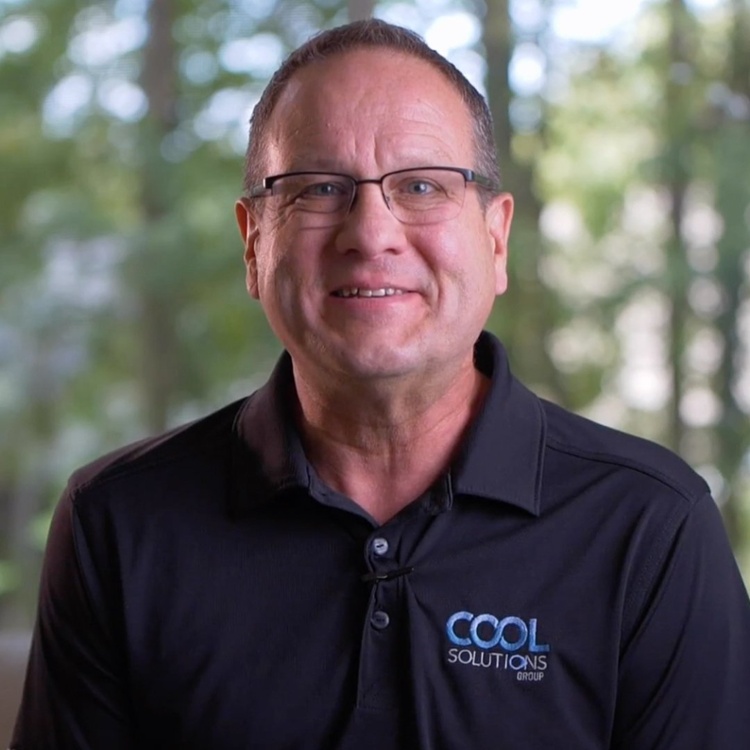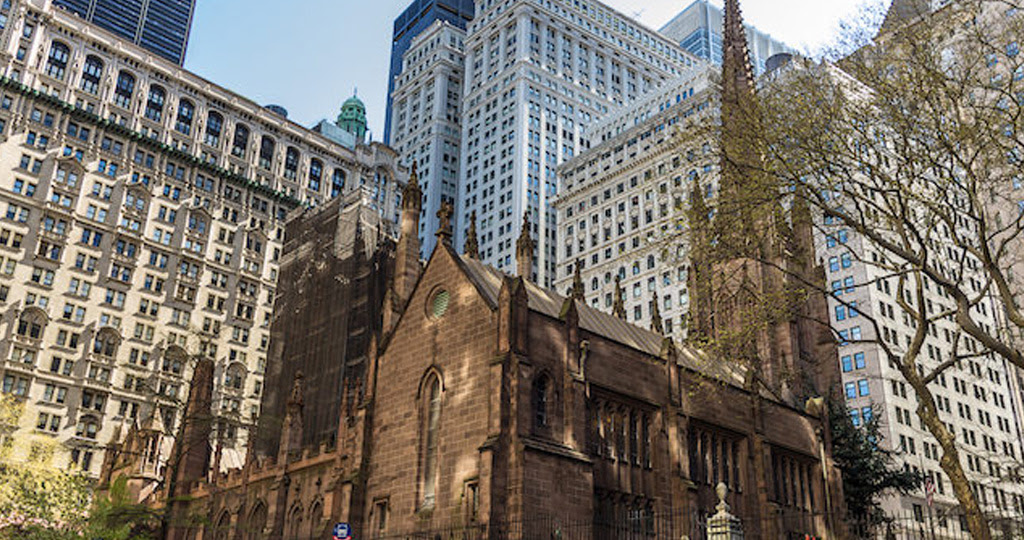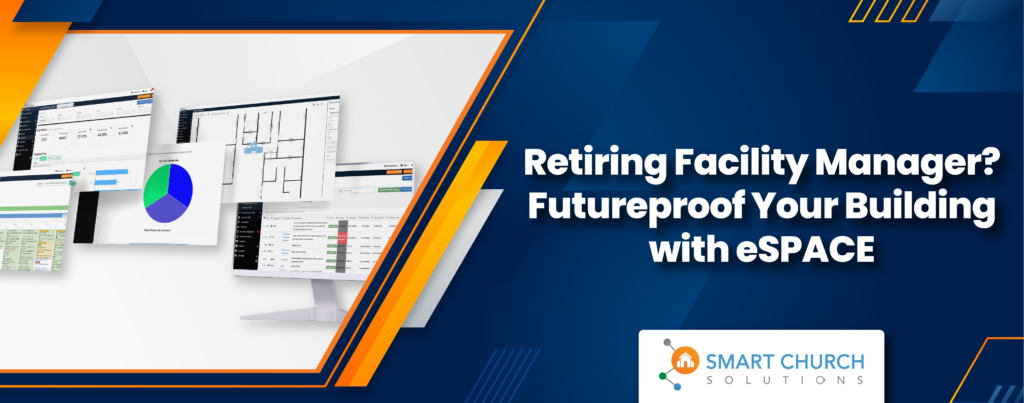As mentioned prior, SouthPark Church went through an exhaustive vetting process to find the best fit for a development partner. We started the process contacting 15 significant developers in the southeast USA. We conducted a simple RFI (Request for Information) process that netted us valuable data...and resulted in about half of the list to show interest in the project.
We then proceeded with a much more granular process of vetting developers (call me if you want to learn more of the details and steps) that narrowed the field to just 2 developers. With those 2 developers, we entered into a very intentional RFP (Request for Proposal) process including financial modeling, site plan renderings, proposed utilization and land value. This process took several months and was incredibly insightful for the church.
In the end, we selected Childress Klein Properties, Inc. with offices in Charlotte and Atlanta. There were several reasons why they were the selected firm:
- They proposed a 24/7 type of tenant mix for the site which was in lockstep to the vision of then church.
- They proposed a revenue model that would not only provide the value of the land as part of a cash transaction, but proposed allowing the church would continue to own a portion of the land.
- In addition, they agreed to pay for the development of the shared parking garage, roads, site amenities and the like.
- In addition, our 2 primary contacts were very active in their local Charlotte churches and they could buy-in to the vision of having an active "village' that allow, and encouraged, the intersection of sacred and secular.
Recently I asked the president of Childress Klein, David Haggart, to share some of the lessons learned from this process. This is the first project that they had been involved that included this intersection. As a "for profit" real estate developer, there were many areas to navigate and work through when partnering with a religious not-for-profit ministry.
Here is some advice for both churches and developers as you explore similar project types:
ADVICE FROM A DEVELOPER
- Perform highest and best use analysis of your real estate without a church occupying the property.
- Be sure to take into account market supported uses and any required changes to zoning or other entitlements.
- Determine market value based on that analysis.
- Incorporate the church program into that analysis. How much is value reduced by incorporating the church program? How much value remains with blended uses?
- Carefully research title to your property. Previous church leadership may have encumbered the property without giving any thought to a future sale or redevelopment.
- Prepare an organizational plan that is approved in advance by the governance of your congregation and denomination. A developer is not going to want to äóìpartneräó with a church that has to make every decision by committee vote.
- Be prepared to consider uses of the site that might create conflict with church governance. If for instance, the church would be opposed to the sale of alcohol on site, it will be virtually impossible to attract full service restaurants to lease space in the development. The developer can advise you on how much adverse economic impact will result from prohibiting certain uses.
- Determine what infrastructure can be shared between the church and other uses. Shared infrastructure can significantly reduce total development costs. Parking is the obvious sharing possibility. Office and Retail uses have very different peak parking demands from a religious use. There is less sharing opportunity with residential uses.
- One of the challenges of the developer/non-profit relationship is that the developer has full time staff devoted to managing the development process. The non-profit is typically using volunteers or third party consultants, such as Cool Solutions Group. Synchronizing meeting schedules, plan reviews, budget decisions and other related activities requires considerable effort and focus.
- In the case of SouthPark Church, Childress Klein was interested in pursuing the redevelopment project not only for the profit potential but also for the opportunity to reshape the fabric of this very important neighborhood in Charlotte. Several CK team members have experience managing construction projects for their respective churches, so the opportunity to assist another local church in implementing its long term vision was appealing.
This kind of partnership is unique indeed and requires intentional consideration, vetting and at times, some tough discussions. Both Cool Solutions Group and SouthPark Church are thankful for the partnership with Childress Klein!








